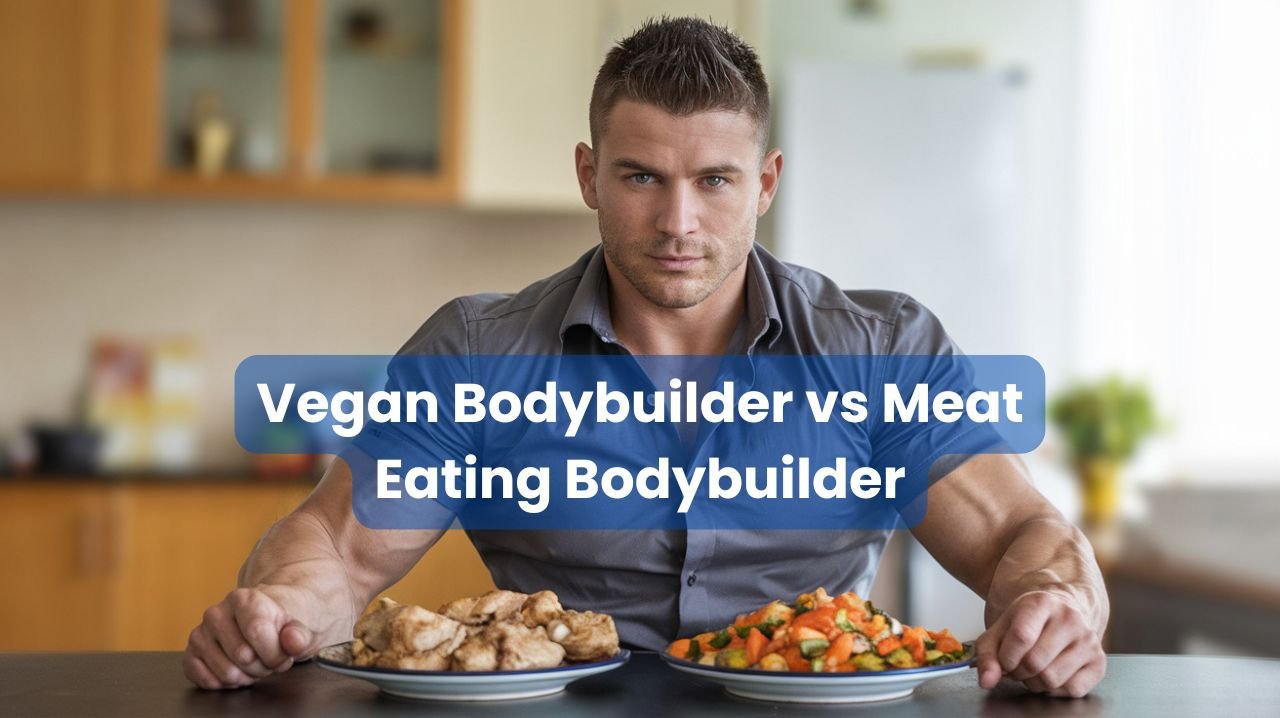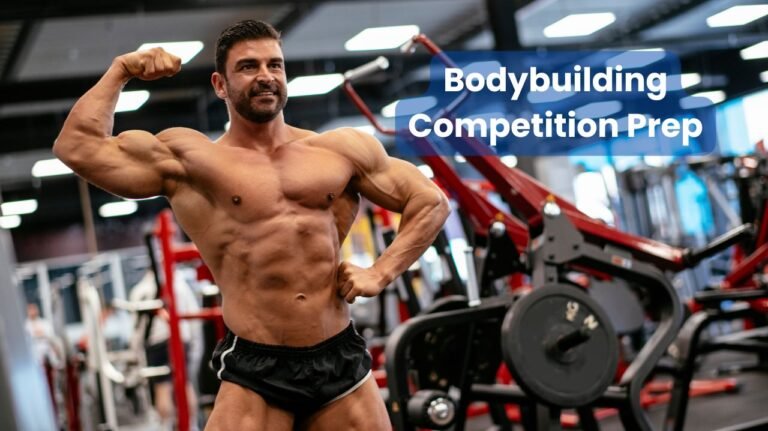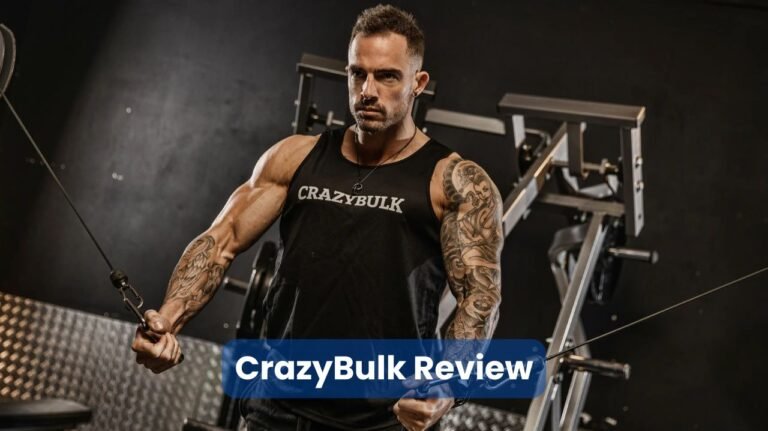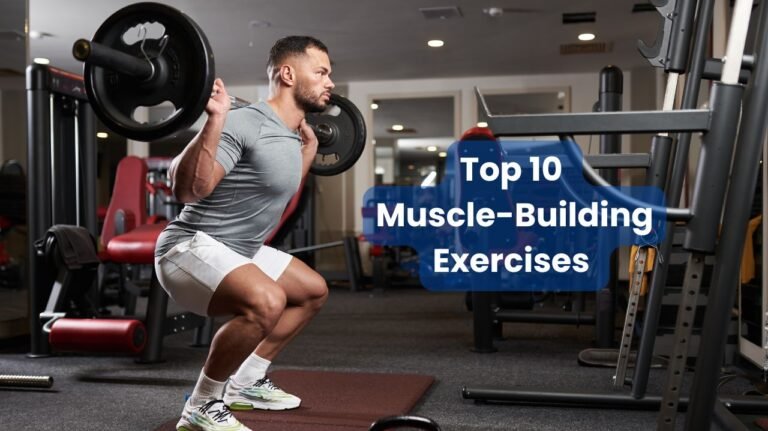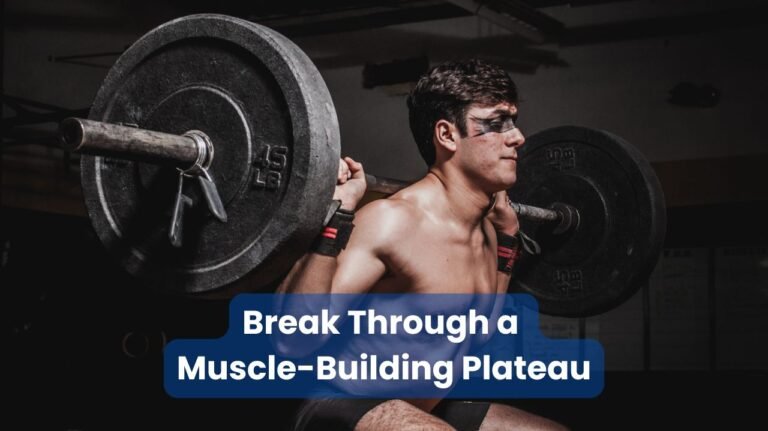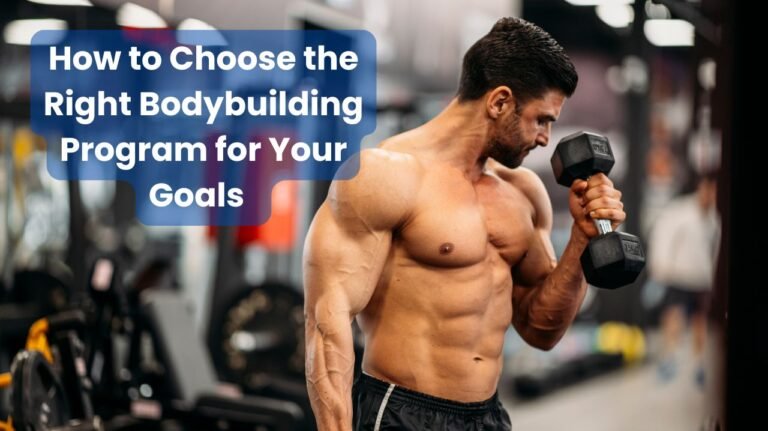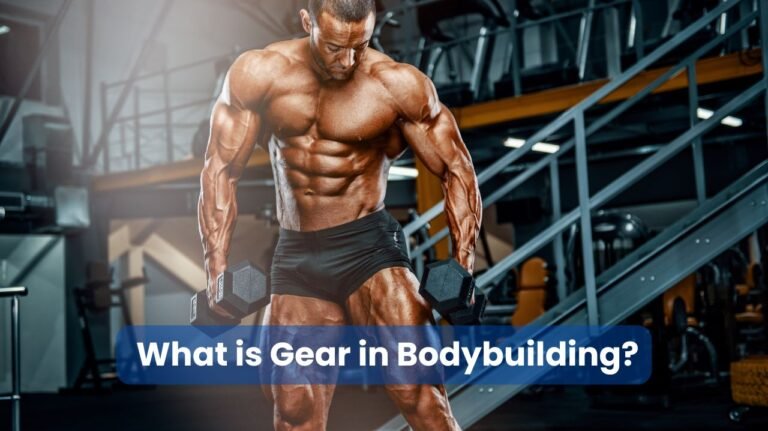Vegan Bodybuilder vs Meat Eating Bodybuilder: A Comprehensive Comparison
In the world of bodybuilding and fitness, the debate between vegan and meat-eating diets has been a hot topic for years.
As more athletes explore plant-based nutrition, it’s important to examine how these different dietary approaches stack up against each other in terms of muscle building, performance, and overall health.
This article will dive deep into the comparison between vegan bodybuilders and their meat-eating counterparts, exploring the pros and cons of each approach.
👉 Pack On Muscle Mass and Get Bigger and Stronger
👉 Burn Fat and Get Seriously Ripped
👉 Get Explosive Strength and Maximum Stamina
👉 Become A Gym Beast With Legal SARMs Alternatives
Understanding the Basics
Before we delve into the specifics of vegan and meat-eating bodybuilding, let’s establish some fundamental concepts.
What is Bodybuilding?
Bodybuilding is a sport and lifestyle focused on developing muscle mass and definition through resistance training, proper nutrition, and rest. The goal is to sculpt the body into an aesthetically pleasing and muscular physique.
Vegan vs. Meat-Eating Diets
- Vegan diet: Excludes all animal products, including meat, dairy, eggs, and honey.
- Meat-eating diet: Includes animal products as a significant source of protein and other nutrients.
Nutritional Considerations
One of the primary concerns in the vegan vs. meat-eating bodybuilder debate is nutrition. Both diets can provide the necessary nutrients for muscle growth and recovery, but they do so in different ways.
Protein: The Building Blocks of Muscle
Protein is crucial for muscle growth and repair. Both vegan and meat-eating bodybuilders need to ensure they’re getting enough high-quality protein to support their training.
Meat-Eating Bodybuilders
Meat-eating bodybuilders typically rely on animal sources for their protein, which are considered complete proteins containing all essential amino acids.
- Common protein sources:
• Chicken breast
• Lean beef
• Fish
• Eggs
• Whey protein
Vegan Bodybuilders
Vegan bodybuilders must be more strategic in their protein intake, combining various plant sources to ensure they get all essential amino acids.
- Common protein sources:
• Legumes (beans, lentils, chickpeas)
• Tofu and tempeh
• Seitan
• Quinoa
• Pea protein powder
Comparison of Protein Sources
| Protein Source | Protein per 100g | Complete Protein? |
|---|---|---|
| Chicken Breast | 31g | Yes |
| Tofu | 8g | Yes |
| Lentils | 9g | No |
| Whey Protein | 80g | Yes |
| Pea Protein | 80g | No |
Other Important Nutrients
While protein is often the focus, other nutrients play crucial roles in bodybuilding success.
Carbohydrates
Both vegan and meat-eating bodybuilders require carbohydrates for energy. Vegan diets often naturally include more complex carbohydrates from whole grains, fruits, and vegetables.
Fats
Essential fatty acids are important for hormone production and overall health. Meat-eaters often get these from fish and eggs, while vegans rely on sources like flaxseeds, chia seeds, and walnuts.
Micronutrients
- Vitamin B12: A concern for vegans, as it’s primarily found in animal products. Supplementation is often necessary.
- Iron: While present in plant foods, it’s less bioavailable than in meat. Vegans may need to pay extra attention to their iron intake.
- Zinc: Found in both plant and animal sources, but plant sources may be less easily absorbed.
Building Muscle: Vegan vs. Meat-Eating Approach
Both vegan and meat-eating bodybuilders can successfully build muscle, but their approaches may differ slightly.
Caloric Surplus
To gain muscle, both types of bodybuilders need to consume more calories than they burn. This can be easier for meat-eaters due to the calorie density of animal products, but vegans can achieve this through careful meal planning.
Protein Intake
The general recommendation for bodybuilders is to consume 1.6-2.2 grams of protein per kilogram of body weight daily. While meat-eaters can easily meet this target, vegans may need to be more intentional about their protein consumption.
Meal Frequency and Timing
Both vegan and meat-eating bodybuilders benefit from regular meal timing and consuming protein around workouts. Vegans may need to eat more frequently due to the lower calorie density of plant foods.
Performance and Recovery
Athletic performance and recovery are critical aspects of bodybuilding. Let’s explore how vegan and meat-eating diets compare in these areas.
Energy Levels
- Vegan diets: Often high in complex carbohydrates, which can provide sustained energy throughout the day.
- Meat-eating diets: May lead to energy fluctuations due to higher fat content in some animal products.
Recovery Time
Both diets can support proper recovery when well-planned. The key is ensuring adequate protein and nutrient intake post-workout.
Inflammation
Some studies suggest that plant-based diets may have anti-inflammatory effects, potentially aiding in recovery. However, a balanced meat-eating diet can also be anti-inflammatory when rich in fruits, vegetables, and omega-3 fatty acids.
Health Considerations
Beyond muscle building, it’s important to consider the overall health impacts of vegan and meat-eating diets for bodybuilders.
Cardiovascular Health
Vegan diets are often associated with lower risks of heart disease due to their typically lower saturated fat content. However, well-planned meat-eating diets that focus on lean meats can also be heart-healthy.
Digestive Health
- Vegan diets: Usually high in fiber, which can promote good digestive health.
- Meat-eating diets: May need to consciously include more fiber-rich foods for optimal digestion.
Long-term Health
Both diets can support long-term health when properly balanced. Vegans need to be mindful of potential nutrient deficiencies, while meat-eaters should be aware of the risks associated with high consumption of red and processed meats.
Practical Considerations
When comparing vegan and meat-eating bodybuilding approaches, several practical factors come into play.
Meal Preparation
- Vegan bodybuilders may need to spend more time planning and preparing meals to ensure nutritional adequacy.
- Meat-eating bodybuilders often have more straightforward meal prep, as animal products provide complete proteins in a single source.
Eating Out
Dining out can be more challenging for vegan bodybuilders, especially when trying to meet high protein requirements. Meat-eating bodybuilders generally have more options when eating at restaurants.
Supplementation
- Vegan bodybuilders often need to supplement with:
• Vitamin B12
• Omega-3 fatty acids (from algae oil)
• Possibly iron and zinc - Meat-eating bodybuilders may use supplements like:
• Whey protein
• Creatine (naturally found in meat, but often supplemented)
Environmental and Ethical Considerations
While not directly related to bodybuilding performance, environmental and ethical factors often influence an athlete’s dietary choices.
Environmental Impact
Plant-based diets generally have a lower environmental footprint in terms of water usage, land use, and greenhouse gas emissions compared to diets high in animal products.
Animal Welfare
Ethical concerns about animal treatment in the food industry lead some bodybuilders to choose a vegan lifestyle.
Success Stories: Vegan and Meat-Eating Bodybuilders
Both dietary approaches have produced successful bodybuilders, demonstrating that multiple paths can lead to bodybuilding success.
Notable Vegan Bodybuilders
- Nimai Delgado: IFBB Pro bodybuilder who has never eaten meat in his life.
- Torre Washington: Natural bodybuilder and fitness model with multiple competition wins.
Successful Meat-Eating Bodybuilders
- Arnold Schwarzenegger: Seven-time Mr. Olympia (though he now advocates for reduced meat consumption).
- Ronnie Coleman: Eight-time Mr. Olympia, known for his high-protein, meat-inclusive diet.
Making the Choice: Factors to Consider
When deciding between a vegan or meat-eating approach to bodybuilding, consider the following:
- Personal ethics and beliefs
- Nutritional knowledge and willingness to learn
- Time available for meal planning and preparation
- Budget (plant-based protein sources can be more expensive in some areas)
- Existing health conditions or dietary restrictions
- Personal taste preferences
- Long-term health goals
👉 Boost in Focus and Energy to Help Increase Pumps and Performance
👉 Increase Gains, Promote Muscle Growth and Boost Energy
👉 Powerful Muscle Growth, Increased Blood Flow, and Enhanced Pumps
👉 Bulk-Up, Increase Gains, And Improve Recovery
Conclusion: Finding the Right Balance
The debate between vegan and meat-eating bodybuilding approaches is not about declaring a clear winner. Both diets can support muscle growth, strength, and overall health when properly planned and executed. The key is finding an approach that aligns with your personal values, lifestyle, and fitness goals.
Whether choosing a vegan or meat-eating path, successful bodybuilding comes down to:
- Consistent training
- Adequate protein intake
- Balanced nutrition
- Proper rest and recovery
- Long-term commitment
Ultimately, the best diet for a bodybuilder is one they can sustain long-term while meeting their nutritional needs and supporting their training goals. Whether plant-based or omnivorous, the focus should be on whole, nutrient-dense foods that fuel performance and promote overall health.
As the fitness world continues to evolve, it’s clear that both vegan and meat-eating bodybuilders can achieve impressive physiques and performance. The choice between these approaches is personal, and success is possible with either path when approached with knowledge, dedication, and a balanced perspective.

